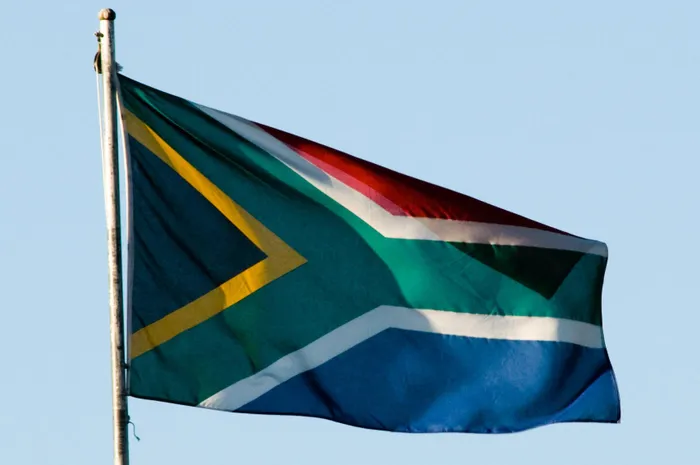
S&P Global Ratings upgrades South Africa’s credit rating for the first time in nearly 20 years.
Image: File
In a landmark decision that could reshape the financial landscape of the nation, S&P Global Ratings has announced an upgrade of South Africa’s credit rating, the first increment in almost 20 years. This upgrade signifies a recognition of the country’s improved economic trajectory, buoyed by stronger revenue performance, enhanced growth prospects, and a gradual easing of pressures that have long beleaguered state-owned enterprises.
South Africa’s public and private sector partnership, Operation Vulindlela, is now in Phase II.
In the most recent report back, it indicated steady momentum, with almost 50% of reforms on track or completed, though some have seen minor delays.
Key achievements include progress in creating a competitive electricity market, with a new framework for independent transmission projects, and significant work in logistics to open up the rail network to private operators.
New Phase II focus areas include l
ocal government reform and the implementation of a Digital Transformation Roadmap.
South Africa’s rating upgrade takes it one step closer to moving out of the so-called junk category. Junk countries are seen as countries that are not investment grade.
The rand gained on the back of the news and was trading at R17.08 shortly after the announcement, very early this morning compared with R17.15 in the middle of yesterday afternoon.
The local currency had already been gaining ground on positive market reaction to the mini-budget delivered on Wednesday.
S&P said it expects South Africa’s real GDP growth will rise to 1.1% in 2025 after a subdued 0.5% in 2024.
The country's gross domestic product (GDP) is expected to average 1.5% over 2026-2028, as reforms to electricity and other sectors support growth.
This is broadly in line with other projections.
S&P’s comments are keeping with those of economists shortly after the mini budget was tabled, who said that Finance Minister Enoch Godongwana had delivered a more upbeat speech than the National Budget earlier this year.
On Wednesday, economists cited factors such as growing revenue and a narrowing debt to GDP ratio as positive.
S&P noted stronger-than-anticipated fiscal performance. It said that fiscal revenue has outperformed budgeted targets.
“Given improving tax collections and expenditure constraints, we expect fiscal consolidation to continue through to fiscal 2028,” said S&P.
Shortly after the budget was delivered, South African Revenue Service (SARS) Commissioner, Edward Kieswetter, expressed the agency’s support of the minister’s statement, which charts a clear and pragmatic roadmap for South Africa’s fiscal sustainability.
By the end of September 2025, SARS reported year-on-year growth of R78.6 billion and an overall surplus of R18 billion against the printed estimates.
“Nearly 50% of the better than estimated performance came from compliance efforts,” it said.
The agency also said it had made refund payments of R232.9 billion.
S&P also stated that state-owned enterprises were expected to need less funding “going forward”.
The agency said South Africa’s outlook is positive.
Anchor Co-investment officer Nolan Wapenaar told IOL following the delivery of the budget that, “in general, the budget was a good news story, with fiscal targets remaining broadly intact and debt issuance volumes decreasing”.
Anchor Capital economist Casey Sprake said the mini budget was delivered against a more constructive backdrop than earlier in the year.
This helped it set a “more measured, market-friendly tone,” she said.
“The market response was quick and positive. The rand strengthened, bond yields eased, with bullish sentiment around SA Inc,” Sprake said.
BUSINESS REPORT